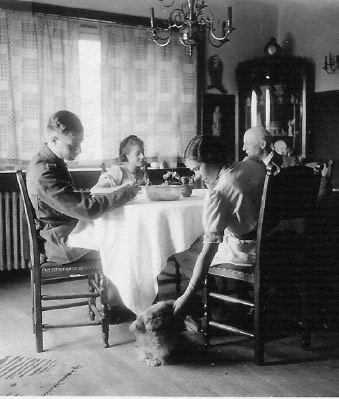The Boy Who Went to War (29 page)
Read The Boy Who Went to War Online
Authors: Giles Milton

Stalin, Joseph
Stalingrad
Stauffenberg, Count Claus von
Stegmann, Maj.-Gen. Rudolf
Steiner, Rudolf; anthroposophical movement
Stern, Susanna
Strongpoint W8 fortification
Stuttgart; Academy of Fine Art
Sudetenland crisis
swastikas; flags
Â
Thälmann, Ernst
Tiefonbronn; St Maria Magdalena church
Tiehl, Herr
Treblinka concentration camp
Trutz, Hildegard
Tunisian occupation of Eutingen
Â
Uffhausen
Ukraine; Crimea; Wolfram's experiences in
unemployment
United States of America, World War II; American action against Nazis after the war; American rebuilding efforts after the War; Marshall Plan; Rainbow, 42nd Infantry Division; US Third Army; and Wolfram's experiences as prisoner of war
Utah Beach
Â
Verschuer, Otmar von
Vilnius
Vögtle, Dr
Voluntary Labour Service
Â
Wagner, Robert Heinrich
Warsaw
Weber, Doris
Weber, Frau
Weber, Karl
Weber, Kurt
Weber, Max
Weber, Sigrid
Weill, Dr
Weimar Constitution
Weimar Republic
Wiernik, Yankel
Windgassen, Wolfgang
Wolfram
see
Aïchele, Wolfram World War I, Wolfram's father in War and aftermath
World War II: Allies, 1943; Allies, autumn and winter 1944â45; Allies, final months; America
see
United States of America, World War II; Battle of Kursk; blackouts; Britain's declaration of war on Germany; D-Day; end of; food and rationing; German casualties
see
German war casualties; Hitler's advances; Hitler's death; Hitler's invasion of Soviet Union; Normandy Campaign; Normandy, spring 1944; outbreak; prisoners of war
see
French prisoners of war; German prisoners of war; RAF bombings
see also
Pforzheim: bombing and aftermath
Â
Yellowfin, Operation
see also
Pforzheim: bombing and aftermath
Â
Zorn, August
Zorn, Julius
Â
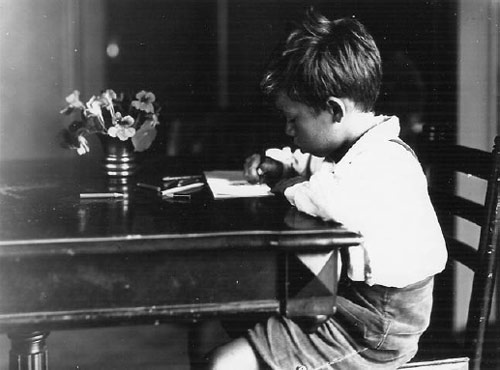
The young Wolfram, here in 1934 aged 10, spent all his spare time drawing and painting. During the Third Reich, he tried to avoid the Hitler Youth in order that he could pursue his passion for art.
Â
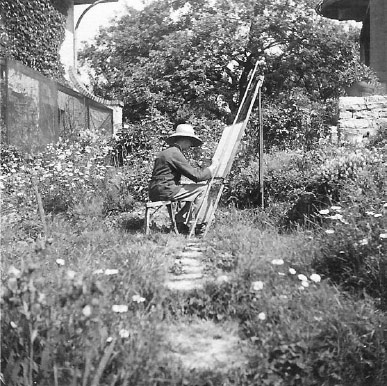
Wolfram's father, Erwin, in the garden of the family's magnificent villa. He was a celebrated wildlife artist and he kept a large menagerie of animals.
Â
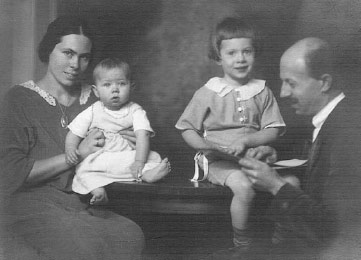
The Aïchele family circa 1925. Marie Charlotte, Wolfram, Reiner and Erwin. Wolfram's sister, Gunhild, was not yet born. The years before the Third Reich were happy, despite economic hardship.
Â
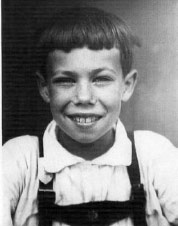
Wolfram, aged 11. He was a curious young lad with a passion for Gothic art and medieval sculptures.
Â
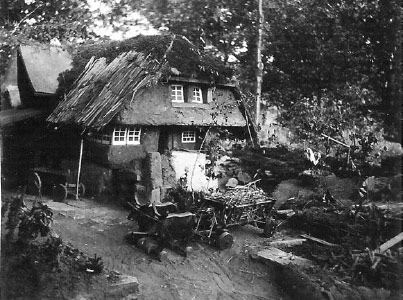
Wolfram and his brother, Reiner, built a miniature medieval hamlet in the lower garden. Each cottage was about three feet high; the accuracy of the construction astonished adult visitors.
Â
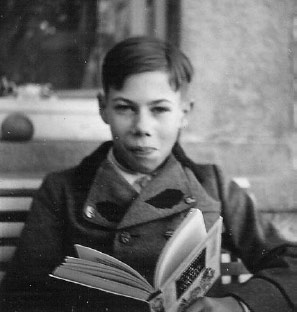
The young Wolfram had a lively sense of humour. He would later amuse his comrades â and unknowingly risk severe punishment â with his impersonations of a ranting Hitler.
Â
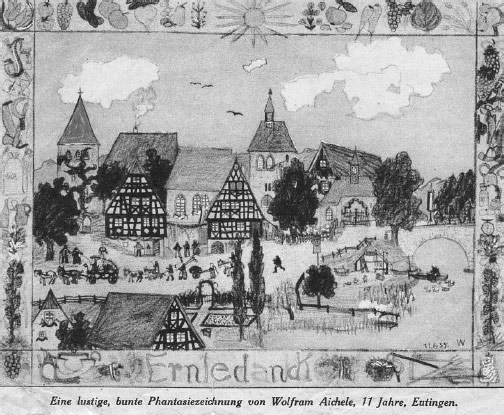
Wolfram loved to sketch the medieval villages of his native Baden. This drawing was published when he was just 11 years old.
Â
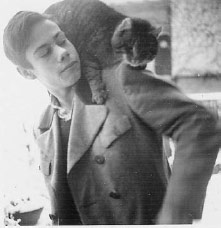
Wolfram loved to play with his father's animals. Here he is, aged 15, with Peter the cat.
Â
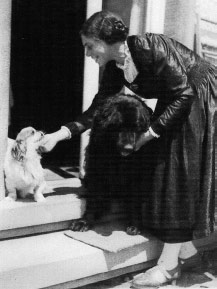
Marie Charlotte with Hansi and Thora.
Â
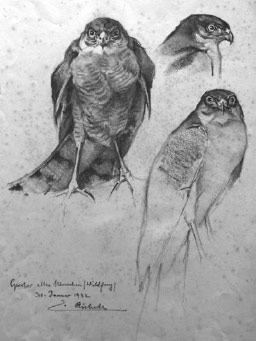
Erwin produced animal sketches for a hunting magazine. It was banned by the Nazis because the owner was Jewish.
Â
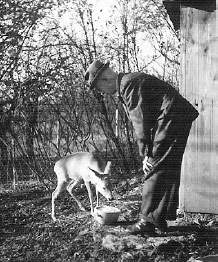
When local farmers found injured animals in their fields, such as this deer, they brought them to Erwin because they knew he would look after them.
Â
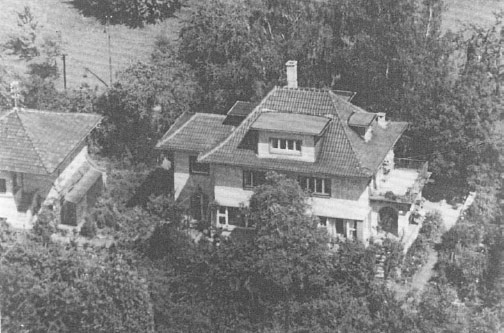
The family's Italianate villa in Eutingen was very different from most houses in rural Swabia. The Aïcheles' private world, it was an island of culture that remained isolated from the worst realities of the Third Reich.
Â
